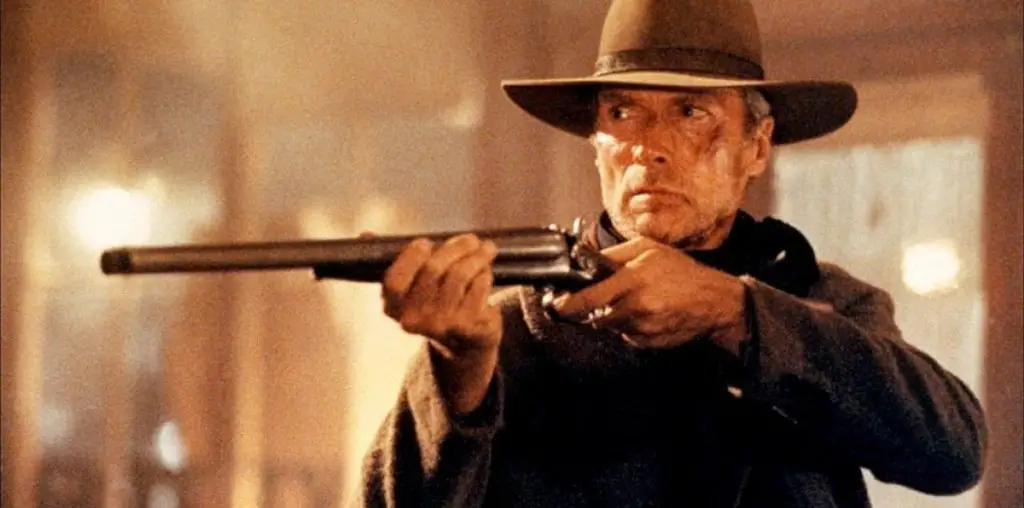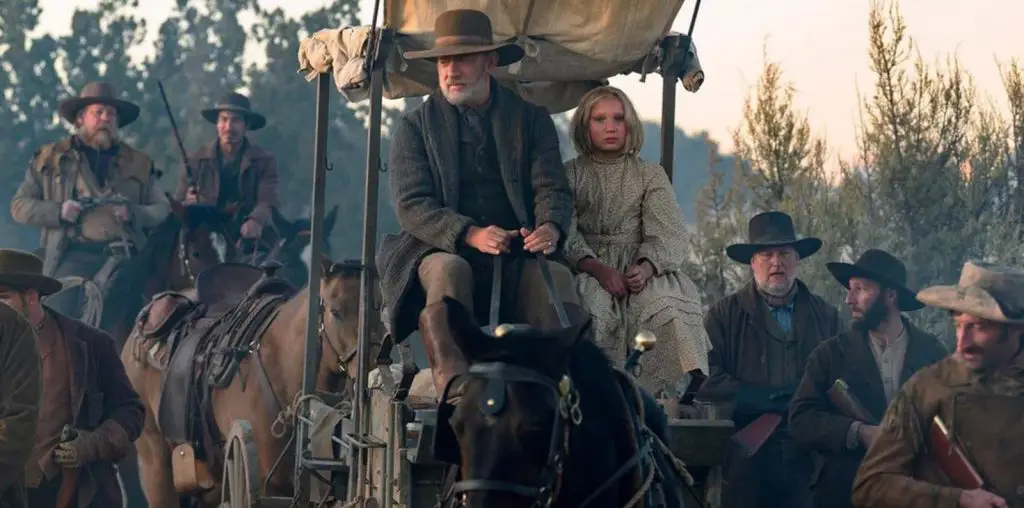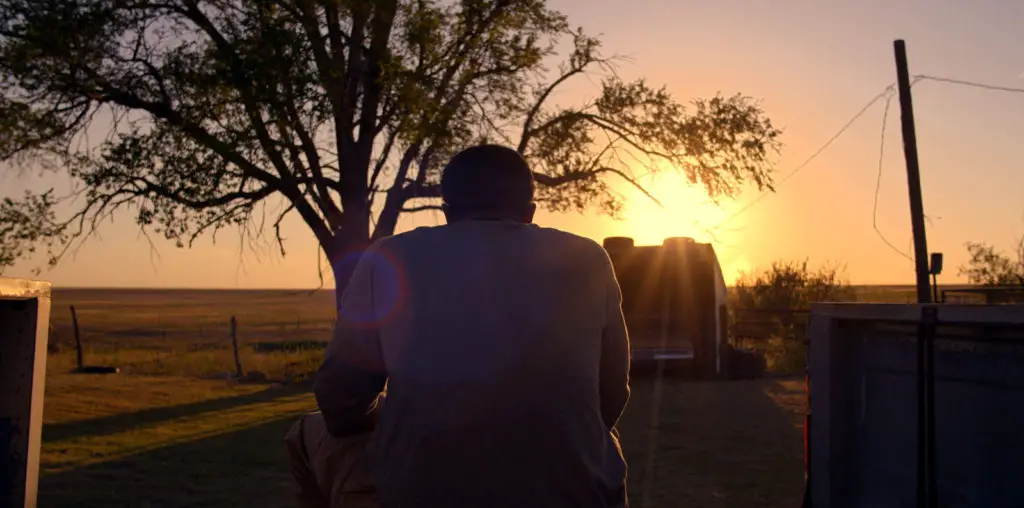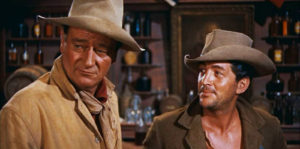
Hawks and Wayne made Rio Bravo as a response to High Noon. That film has a similar plot, though the sheriff questions his duty and asks for help but is left to face the ruthless criminal element on his own. His ultimate rescue is at the hands of his wife, a pacifist who breaks her religious rules against violence to save his life. None of this sat well with Wayne, who considered that classic “un-American.” It’s important to remember in this context that Wayne was a big supporter of McCarthyism and believed strongly in American exceptionalism (which originally arose from the notions of Manifest Destiny).
John T. Chance was a “do or die” archetype of the American Cowboy: laconic, independent, isolated, and did not indulge such human failings as emotion. He has his duty as a civilized man in a land of savages, skill, and experience. It is he alone who can save the town and stand by his principles, though it may mean his death. Outside of acting, of course, Wayne fully embraced this version of the White Man’s Burden. Unfortunately, this set of ideals eventually festered into the ugly manifestation of the American alt-right white supremacy insanity we are enduring currently. But, in 1959, it made for a great character study, and Wayne absolutely crushes it.
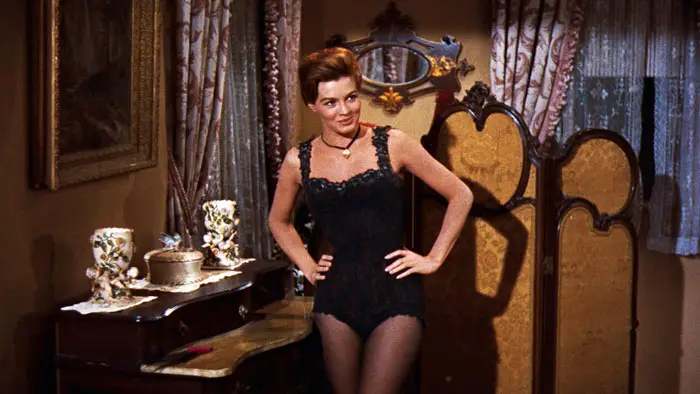
“…has everything a viewer could want from a movie experience.”
From the perspective of film art: in an introduction to the 4K restoration of the film, Martin Scorsese calls attention to the scenes with no dialogue. Howard Hawks was a master at playing a speech-free scene from his days making silent films, and it’s just another facet of Rio Bravo that adds to its greatness. Howard Hawks loved this movie so much that he went on to direct two more variations with the idea of a sheriff defending his office against the forces of evil. John Wayne starred in both films. There was El Dorado in 1966, which put Robert Mitchum in Dean Martin’s original role, and Rio Lobo in 1970. John Carpenter was also a fan, as his Assault on Precinct 13 is an homage.
1959 was a long time ago. Manifest Destiny is a dead concept, and American exceptionalism has been exposed as a morally decayed veneer over plain old racism. Other films like Unforgiven have come along to burst the romantic bubble of the Old West Cowboy as a wholesome figure of a principled American. Yet, despite all that, Rio Bravo still stands as a uniquely entertaining work of art. It still has everything a viewer could want from a movie experience.
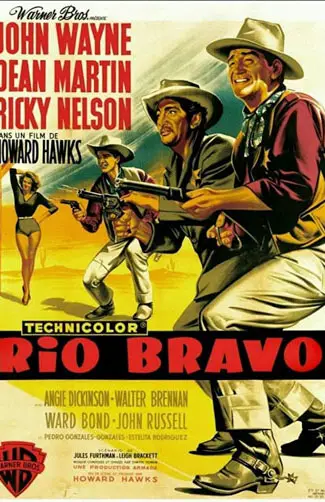
"…genre-defining gem taken from a simple tale of frontier justice."
